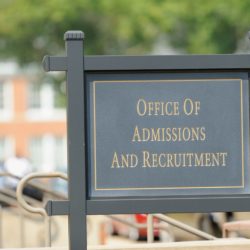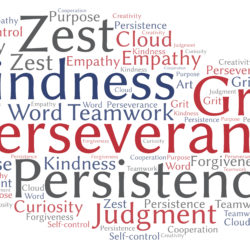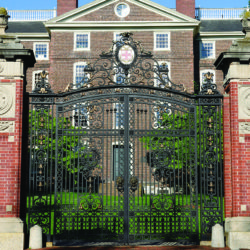by Mark H. Sklarow, CEO, IECA
For more than 20 years, the Independent Educational Consultants Association has surveyed its member college admission experts to determine what colleges want to see in their applicants, creating a ranking to assist students and their parents in understanding how college applicants are reviewed after submission. Of course, all colleges are different and IECA members can be particularly helpful in understanding those variances.
Among the key 2020 findings:
• While grades are important (#2 in rankings), colleges want to see students challenging themselves, willing to risk perfect GPAs by taking courses that will demonstrate a willingness to take chances, including AP and IB coursework (#1).
• Despite all the talk about “test optional,” scores on standardized tests like the SAT and ACT remain critical (#3).
• Extracurriculars rose to their highest level ever in the IECA rankings (#4), but colleges look for a long-term, passionate, authentic involvement in one or two activities whether in or out of school. No one is impressed by a long list of tangential clubs. In fact, jumping two spots (to #6) this year: demonstration of leadership within those chosen few activities.
• Essays remain important and are even more important at smaller colleges. But students misunderstand their role. Yes, clear and cogent writing matters, but a great essay is one that tells a story, giving insight into a student’s unique personality. There’s a great saying—no one else should be able to write the essay you submit for admission.
• Coming together are four items that speak to the question: what can YOU do for US? Colleges wonder how the student will contribute to campus life: through unique characteristics or demographics (#7), through special talents (#9), through interest in research (#10), and through demonstrations of a student’s character and values (#11).
• How does a student demonstrate all those? Through the essay, the activities list, and through recommendations, which turned up as #8 on the 2020 rankings.
• Finally, an area students often don’t understand is demonstration of interest and enthusiasm in attending (#12). Are you following the college on Facebook? Did you visit the campus? Seek an interview? Colleges don’t like to extend an offer of admission to a student who will go elsewhere, so when you decide on your first choice, let them know!
The complete survey results can be found here.










